Adventure Farm and Nature Reserve more than a bird attraction
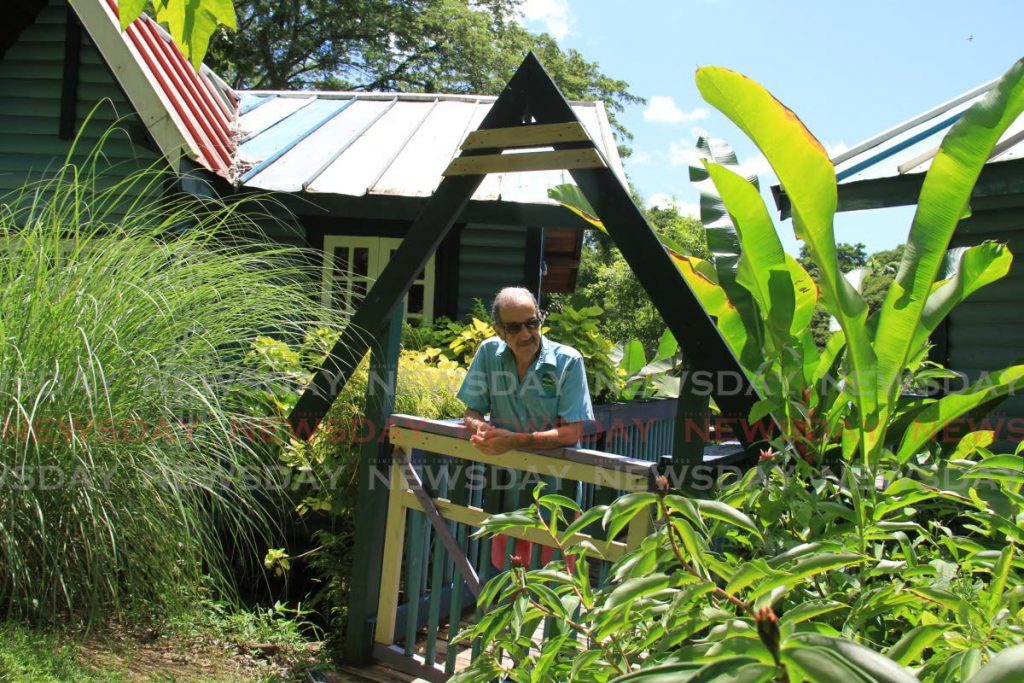
Described as “a reflection of a green economy,” the Adventure Eco Villas Adventure Farm and Nature Reserve at Arnos Vale Road, Adventure, Plymouth has become a model of sustainability. An attraction to nature seekers around the world for its hundreds of hummingbirds, the Adventure Farm and reserve has employed environmentally-friendly practices that has earned international awards. In 2010 it won the World Environmental Green Leaf Award in the Green Space: Stimulating Green Thinking challenge.
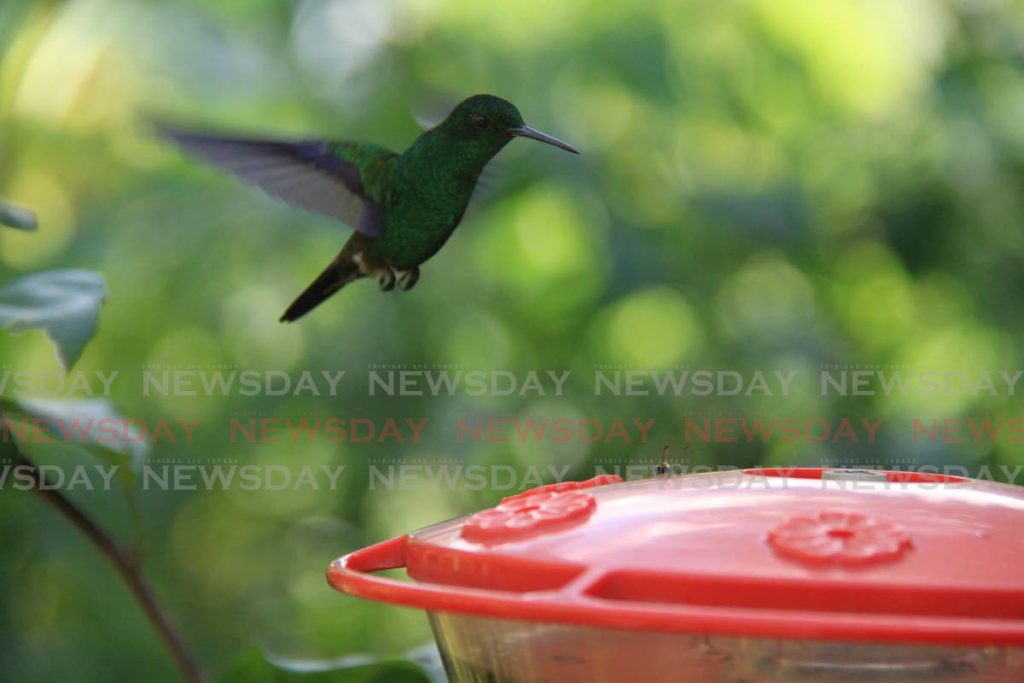
It remains the only reserve in the country that attracts hundreds of hummingbirds.
Even though the pandemic has forced the resort to shut its doors, owner Ean Mackay told Newsday on Monday, he will ensure the reserve remains a place where animals feel comfortable visiting.
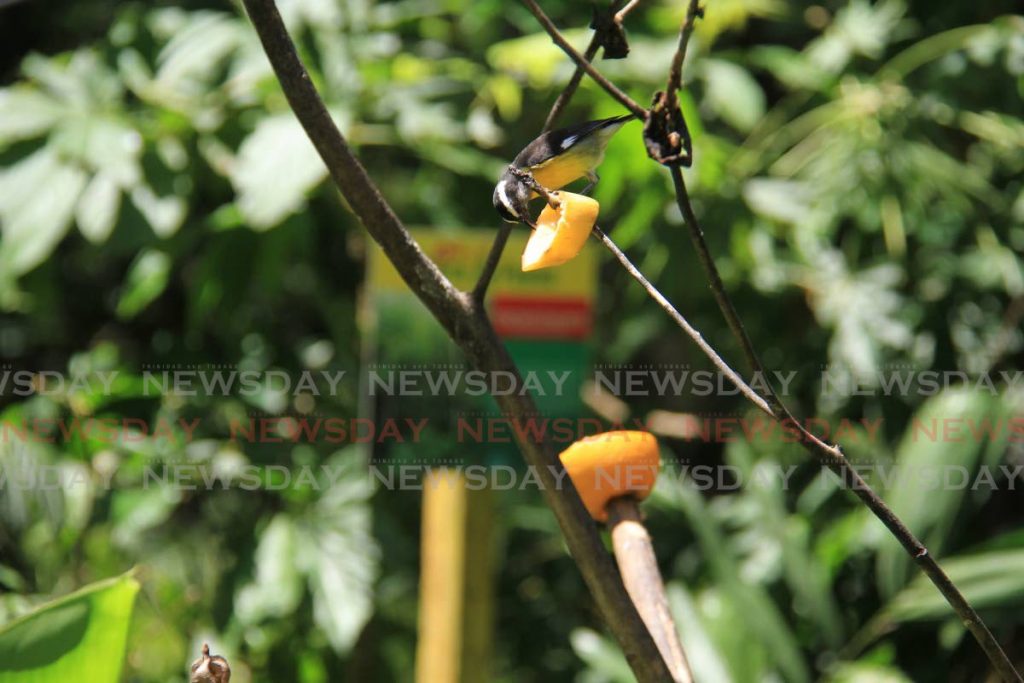
For the first time since it was established in 2001, the Adventure Farm and Nature Reserve closed in March after the Prime Minister imposed restrictions to limit the spread of covid19.
It’s been almost seven months and Mackay, who is also an environmentalist, told Newsday he remains optimistic that the resort will bounce back in early 2021.
Mackay said he has been trying to save the flora and fauna of TT since he was a young adult.
The reserve has also been featured on the front cover of the International Humming Bird Calendar in 2010, 2011 and 2012.
Mackay told Newsday the reserve has the largest number of recorded hummingbirds (not species) from 2011, when compared to anywhere else locally.
“We are the only facility with this complete integration in Trinidad and Tobago and hope that it has been a model for future entrepreneurs with a true love for nature, green business and the environment."

He told Newsday the resort partnered with the Tobago Tourism Agency Ltd, UWI and Travel Foundation of the UK for environment-related studies.
He said disabled workers were also employed in the construction of the reserve as inclusion was as important as sustainability.
“This was done under the guidance of professional carpenters. As a result, the project was delayed by a few months but we were pleased to have taken these steps and it was well worth the effort.”

The facility has attracted visitors from British Columbia, China, Japan and Australia. He said visitors are encouraged to join the adopt/plant a tree programme.
He said the reserve's main attraction has always been the wide variety of hummingbirds, especially the Ruby Topaz.
Apart from the animal attractions, the reserve has two villas to accommodate visitors wishing to stay longer.
The facility consist of environmentally-friendly accommodation, tropical gardens, organic farm, nature reserve, a covered bird observation centre and a cottage-style home processing kitchen.
“Our latest project is our new agro tourism invention and RRR (reduce, reuse, recycle) sustainable water irrigation system. RRR will focus on reducing water wastage, reuse what’s available and recycle what would otherwise end up in a landfill.
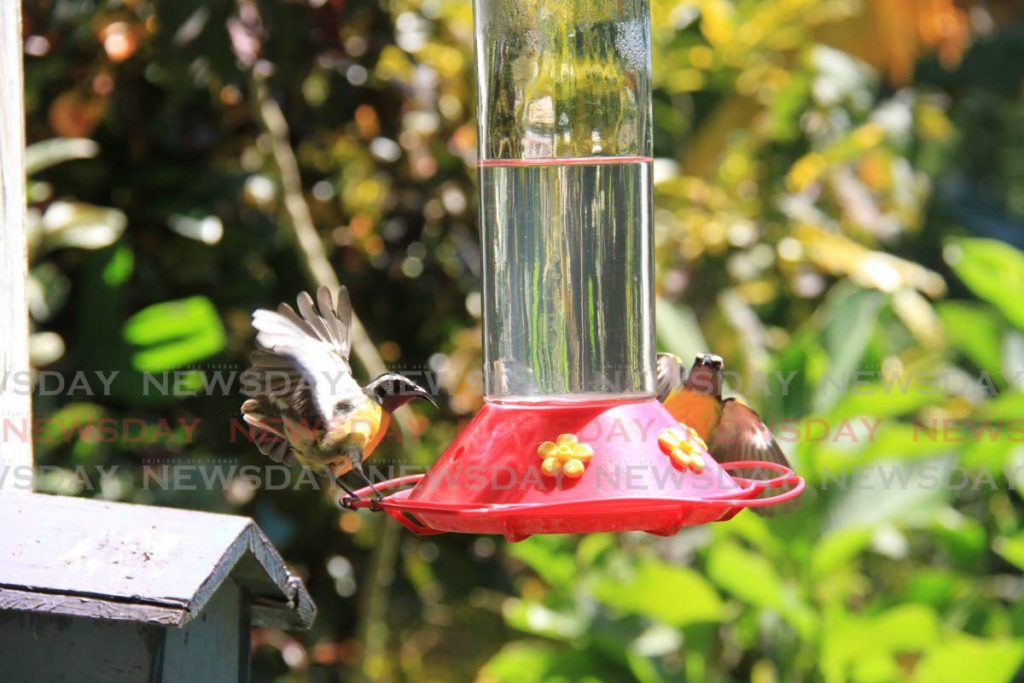
“Our more recent project was the introduction of our tilapia pond supplied with water from our roof via a handmade waterfall. We feed our fish with termites. The excess water from this pond is used to irrigate our organic vegetable and flower beds and fruit trees.
"To further foster our efforts, we work very closely with the Tobago Tourism Agency. We encourage school visits to further encourage the young future population of our twin island republic to appreciate the beauty, the biodiversity and value of nature, particularly the numerous birds that can be seen here as a direct result of sound environmental practices in this natural environment."
He added, “Our gardens are 100 per cent organic with no use of fertilisers or chemicals. We use organic compost from our farm and nature reserve and have natural compost heaps throughout our facilities. We encourage our guests to donate bird feeders/nesting boxes for birds and other animals and insects, in addition to our own input. We have a number of ponds throughout our facilities to encourage wildlife and we leave a large area uncut to create a natural environment for wildlife and encourage others to do same by our signage throughout our property, including no-hunting signage.”
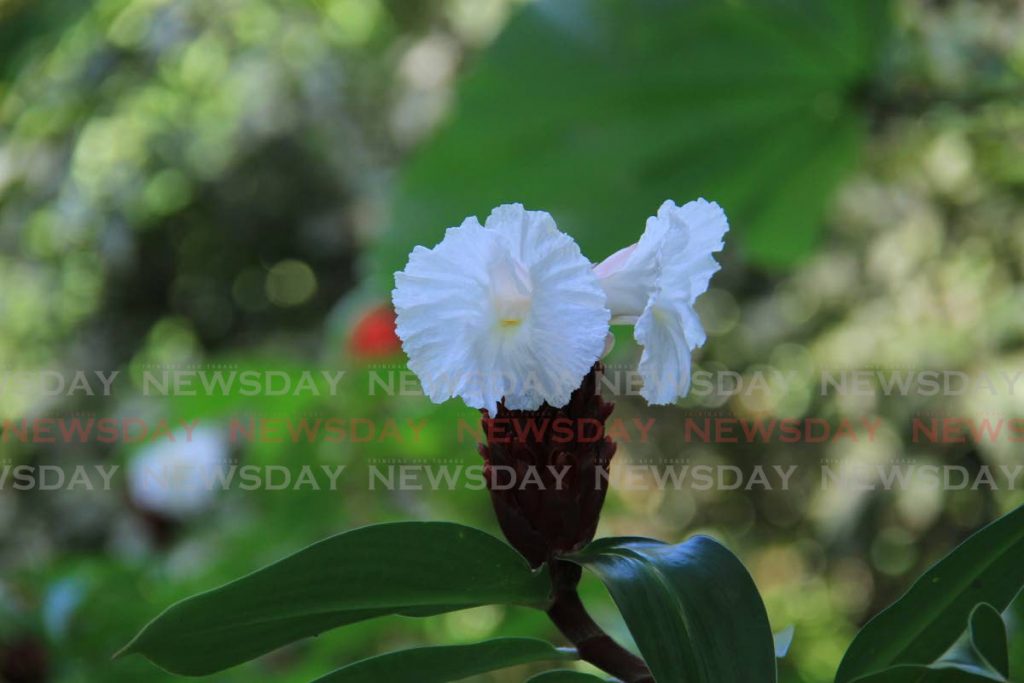
When Mackay's father handed him the mantle to operate the reserve, he established the Green Business, Adventure Eco Villas and Adventure Farm and Nature Reserve.
From here the reserve went into processing locally-grown fruits and making pepper sauce and coconut ice cream.
The reserve processes orange marmalade, mango jam, mango chutney, dehydrated mangoes, mango wedges and guava jam.
“We process our own mango chutney under the label Pirates Cove Mango Chutney which won the best product for Tobago at the first Mango Festival in Trinidad in 2009. We participated in 2010 and won once again," Mackay said.
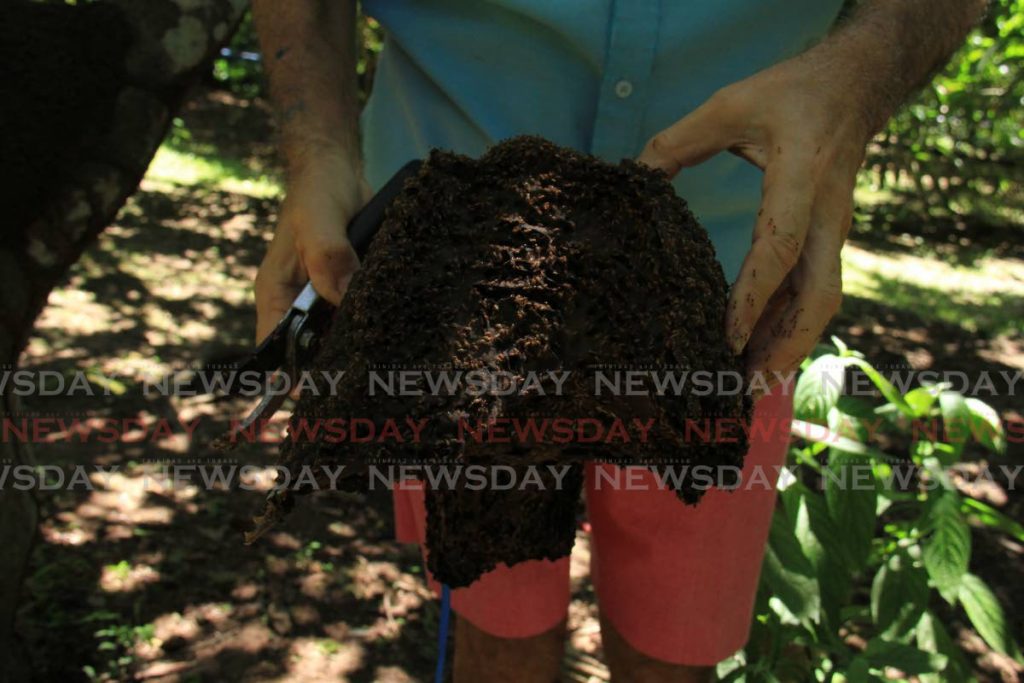
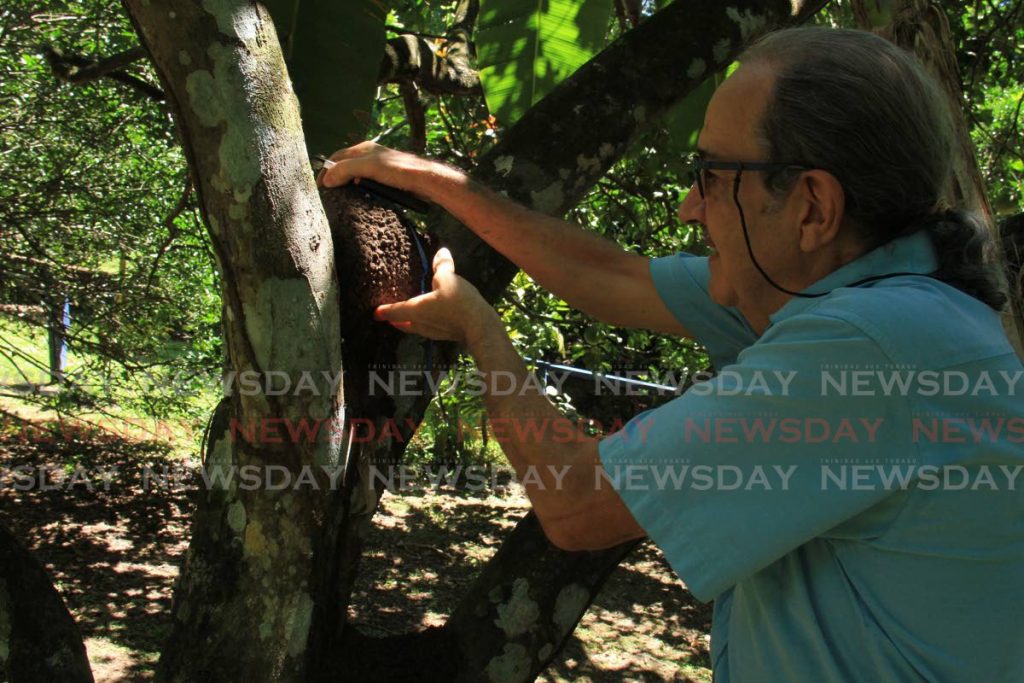

Comments
"Adventure Farm and Nature Reserve more than a bird attraction"